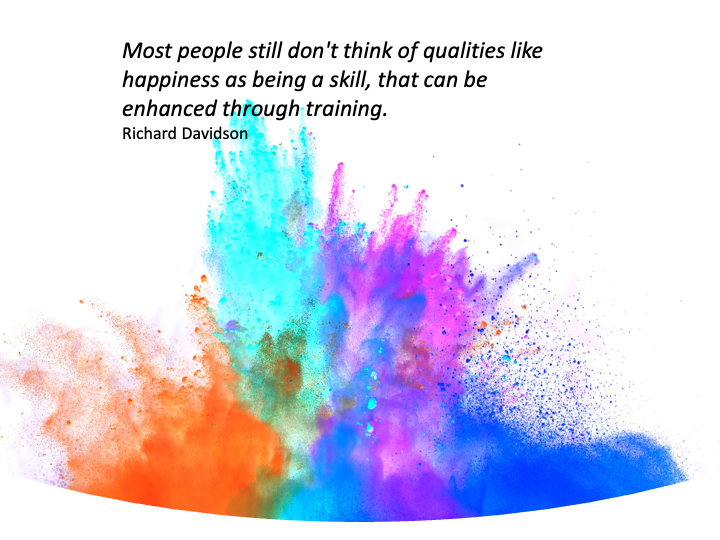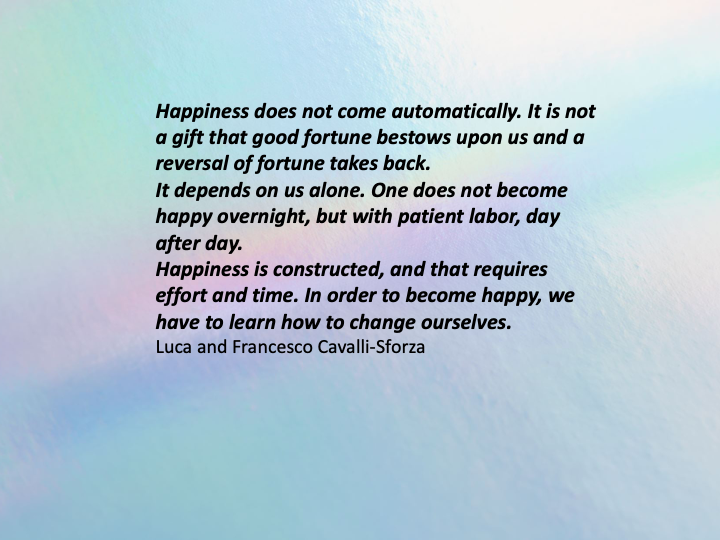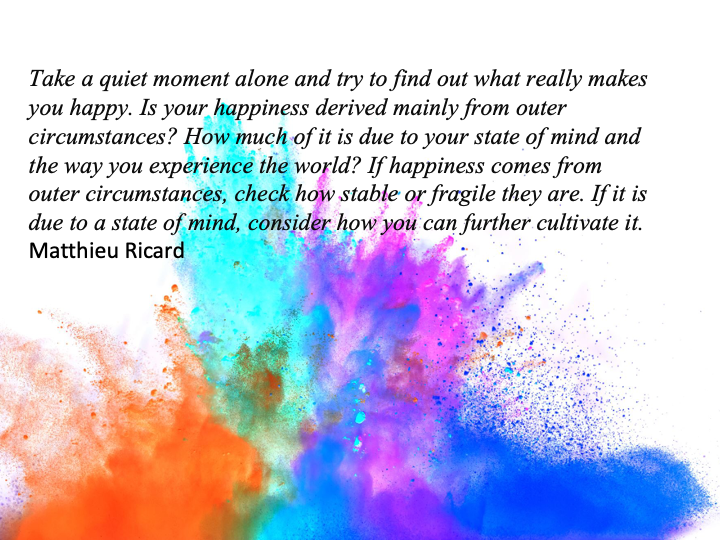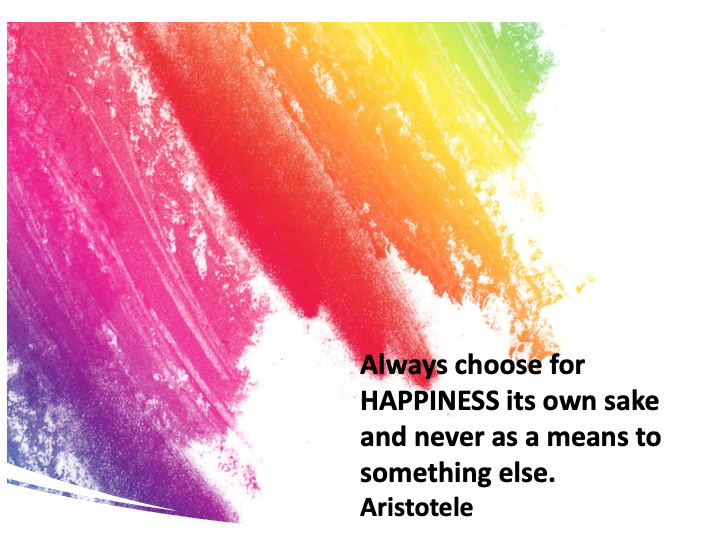Tag Archive for 'felicità'
The quality that Napoli expressed to win the Scudetto has been widely analyzed in match commentaries. However, it is my impression that the success was also determined by two other factors that Spalletti wanted to introduce that valued personal aspects that are important to every human being and that relate to the need for happiness and a sense of belonging.
In fact, he said, “We have to make someone happy in order to be happy people. From a personal point of view it’s the family, from a professional point of view it’s our fans, we don’t give a damn about individual numbers and who scores goals, we have to bring a team and group achievement to our city that makes the fans feel proud of us. We have to do something for the public’s affection for our jersey.”
On the other hand, how can you not espouse this approach to soccer in a city that named its stadium after Maradona, a player who fully represented soccer as the joy and bond of belonging to this team and Naples. So, of course you play to win but you win because you want to be happy and make happy. This is no small step, because you have to be aware of how to play to achieve this twofold goal, which combines the result with the enthusiasm born of playing your game. Achieving this goal was not easy, because we know that soccer is a very emotional sport. Because of the goal, which is a rare event, it is no coincidence that the three most usual scores in Serie A in order of frequency are 1-1, 2-1 and 1-0. It only takes one episode to change the fate of a game. This is not the case in other team sports such as volleyball and basketball where about every minute a point is awarded.
On this basis, to prevent the high level of emotionality from becoming a negative load of impulsiveness and foul play for teams, it was necessary for it to find its outlet in the joy that the game can convey. When we use words like, “we are going to the field to have fun,” it does not mean that we are going on a jaunt; it is not a sign of superficiality. Instead, it implies a desire to fully experience the pleasure of the challenge, namely the joy of doing as well as possible in difficult moments what one has prepared for.
When talking about young people, their problems are often highlighted, problems caused by the pandemic, loneliness, addiction to social media, difficulty living within their community, and so on. All of this is compounded by an external environment in which the issues of environmental destruction, wars, and the pandemic are among the most talked about. Little is said, on the other hand, about happiness, which seems to detect a way of living one’s daily life in a superficial way, too individualistic and outside the difficulties in which many feel immersed without knowing or having the strength to find solutions. It is equally true that at school, in the world of work and often even in families, there is no talk about woundedness and what practical experiences they could put in place to begin to feel happy.
Adults often have no idea what it means to be happy either, so how can they teach young people to be happy. It is easier to think that nothing can be done about it or that one can be happy only if … (and here everyone can complete the sentence as they see fit).
In psychology, on the other hand, there are experts who have studied about happiness, explaining its meaning and how it can be achieved. In this regard I report what has been expressed by those who have studied in their professional lives what happiness is. Understanding it and identifying what promotes it can be a stimulus for those who would like to set out on the road to being happy, notwithstanding the obvious trials that life presents.
Martin E. P. Seligman, Randal M. Ernst, Jane Gillham, Karen Reivich & Mark Linkins (2009) Positive education: positive psychology and classroom interventions, Oxford Review of Education, 35:3, 293-311.
‘Happiness’ is too worn and too weary a term to be of much scientific use, and the discipline of Positive Psychology divides it into three very different realms, each of which is measurable and, most importantly, each of which is skill-based and can be taught (Seligman, 2002).
The first is hedonic: positive emotion (joy, love, contentment, pleasure etc.). A life led around having as much of this good stuff as possible, is the ‘Pleasant Life’.
The second, much closer to what Thomas Jefferson and Aristotle sought, is the state of flow, and a life led around it is the ‘Engaged Life’. Flow, a major part of the Engaged Life, consists in a loss of self-consciousness, time stopping for you, being ‘one with the music’ (Csikszentmihalyi, 1990). Importantly engagement seems to be the opposite of positive emotion: when one is totally absorbed, no thoughts or feelings are present—even though one says afterwards ‘that was fun’ (Delle Fave & Massimini, 2005). And while there are shortcuts to positive emotion—you can take drugs, masturbate, watch television, or go shopping—there are no shortcuts to flow. Flow only occurs when you deploy your highest strengths and talents to meet the challenges that come your way, and it is clear that flow facilitates learning.
The third realm in the framework of Positive Psychology is the one with the best intellectual provenance, the Meaningful Life. Flow and positive emotion can be found in solipsistic pursuits, but not meaning or purpose. Meaning is increased through our connections to others, future generations, or causes that transcend the self (Durkheim, 1951/1897; Erikson, 1963). From a Positive Psychology perspective, meaning consists in knowing what your highest strengths are, and then using them to belong to and serve something you believe is larger than the self (Seligman, 2002).
The framework of Positive Psychology, we want to emphasise, is an empirical research endeavour and not mere grandmotherly common sense. Among its more surprising recent findings:
- Optimistic people are much less likely to die of heart attacks than pessimists, controlling for all known physical risk factors (Giltay et al., 2004).
- Women who display genuine (Duchenne) smiles to the photographer at age eighteen go on to have fewer divorces and more marital satisfaction than those who display fake smiles (Keltner et al., 1999).
- Positive emotion reduces at least some racial biases. For example, although people generally are better at recognising faces of their own race than faces of other races, putting people in a joyful mood reduces this discrepancy by improving memory for faces of people from other races (Johnson & Fredrickson, 2005).
- Externalities (e.g., weather, money, health, marriage, religion) added together account for no more than 15% of the variance in life satisfaction (Diener et al., 1999).
- The pursuit of meaning and engagement are much more predictive of life satisfac- tion than the pursuit of pleasure (Peterson et al., 2005).
- Economically flourishing corporate teams have a ratio of at least 2.9:1 of positive statements to negative statements in business meetings, whereas stagnating teams have a much lower ratio; flourishing marriages, however, require a ratio of at least 5:1 (Gottman & Levenson, 1999; Fredrickson & Losada, 2005).
- Self-discipline is twice as good a predictor of high school grades as IQ (Duckworth & Seligman, 2005).
- Happy teenagers go on to earn very substantially more income 15 years later than less happy teenagers, equating for income, grades and other obvious factors (Diener et al., 2002).
- How people celebrate good events that happen to their spouse is a better predictor of future love and commitment than how they respond to bad events (Gable et al., 2004).
Happiness does not come automatically. It is not a gift that good fortune bestows upon us and a reversal of fortune takes back.
It depends on us alone. One does not become happy overnight, but with patient labor, day after day.
Happiness is constructed, and that requires effort and time. In order to become happy, we have to learn how to change ourselves.
Luca & Francesco Cavalli Sforza
A month of planetary sporting events awaits us, not only the European Football Championship, but also the Tour de France, Wimbledon and then the Tokyo Olympics. We are living it in these days of soccer, great excitement has been created, in all of us there seems to prevail a sense of joy, of awareness that sport with the public even if for now limited in numbers represents the exit from a nightmare and the return to an ever greater freedom. We live these days as the final phase of a nightmarish period. The Italian athletes received today from President Mattarella the flag that they will carry to the Olympic and Paralympic Games. Sport is a highly emotional activity that unites everyone under the sign of the nation. There are no other activities that have this connotation so involving beyond the political and social differences. Sport unites not because it is without faults, on the contrary it has exactly all those that our society expresses, from cheating to doping.
We need it because sport is an expression of life, of the need for movement of every human being, a primary psychological need. The more sedentary and overweight our society becomes, the greater is the unconscious desire to satisfy us through the spectacle that champions offer us with their physical effort, their sporting dexterity and the search for exceptional performance in decisive moments. They can make mistakes but for us they will always be our champions, because they live unique moments that are even difficult for us to think about and then, as we know, you can’t always win. It’s okay though, sport is cathartic, we will cry with our athletes.
Sport is such a community that it keeps the athletes and all of us together, their joys are ours and that goes for the pain of defeat as well. In short, sport is much more than a game, it is a powerful activator of our deepest emotions.
Every day over the past year we have read stories of community heroes, doctors, nurses and many others. Among them are the athletes who have shown the courage to continue preparing for something that was unknown if it would return. These are stories of resilience, sacrifice and focus in the absence of any certainty for the future. For this reason the sporting events that are about to begin will involve us because they will be the demonstration that we can return to live the game with happiness.
“Happiness does not come automatically. It is not a gift that good fortune bestows upon us and a reversal of fortune takes back. It depends on us alone. One does not become happy overnight, but with patient labor, day after day. Happiness is constructed, and that requires effort and time. In order to become happy, we have to learn how to change ourselves.”
Luca & Francesco Cavalli-Sforza









